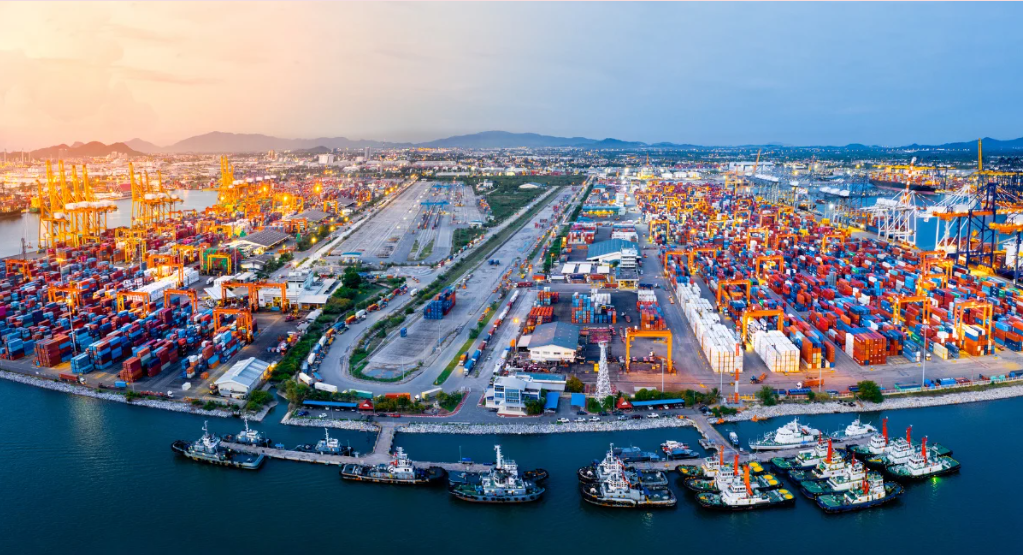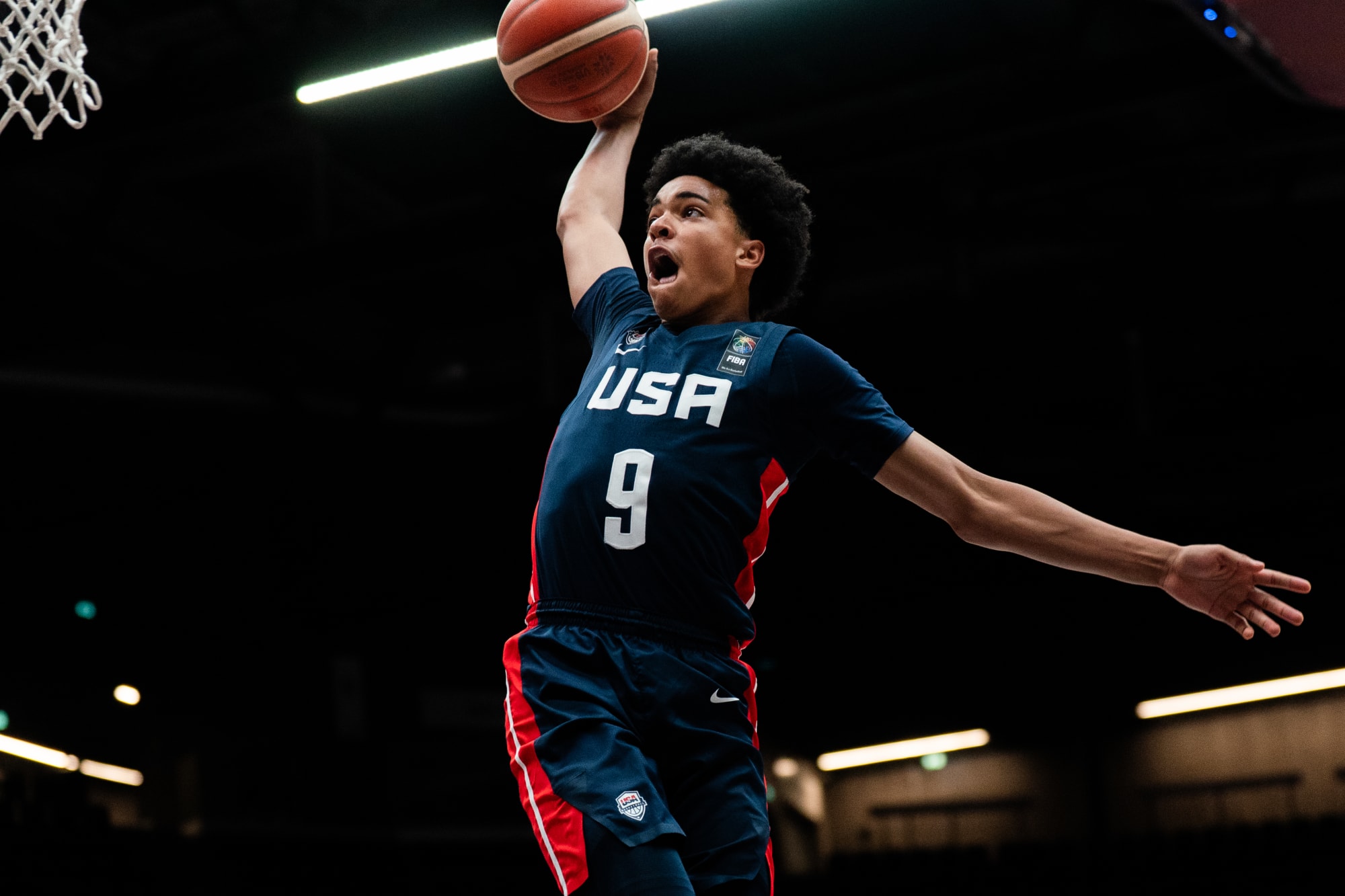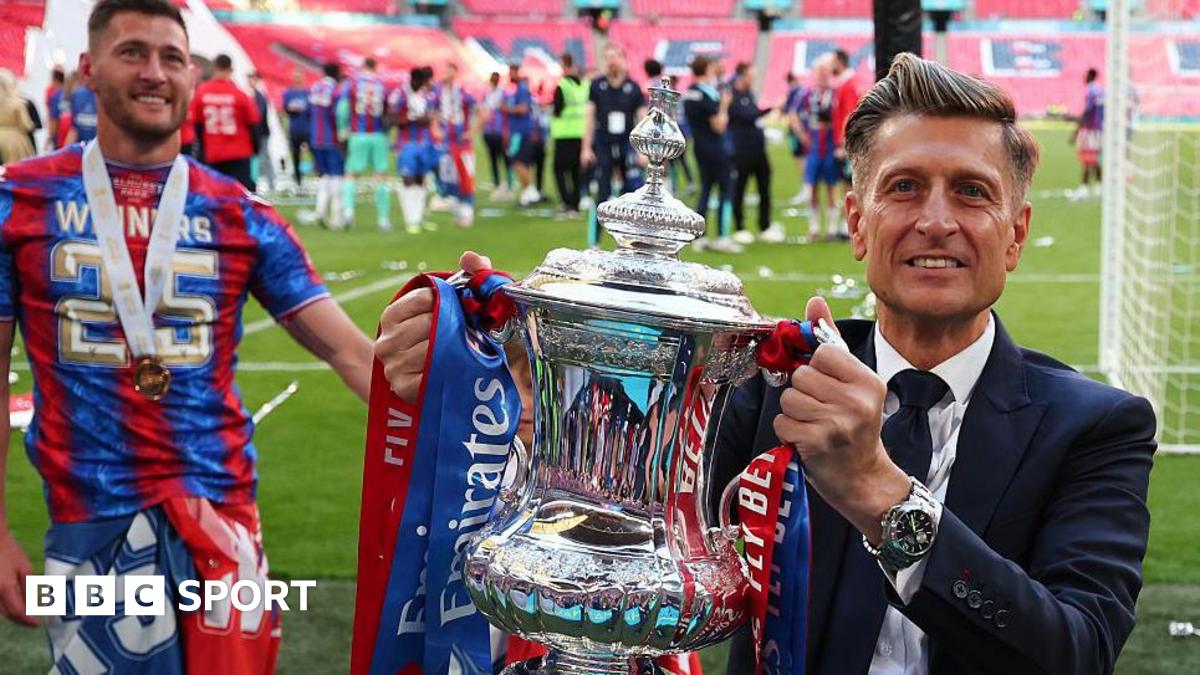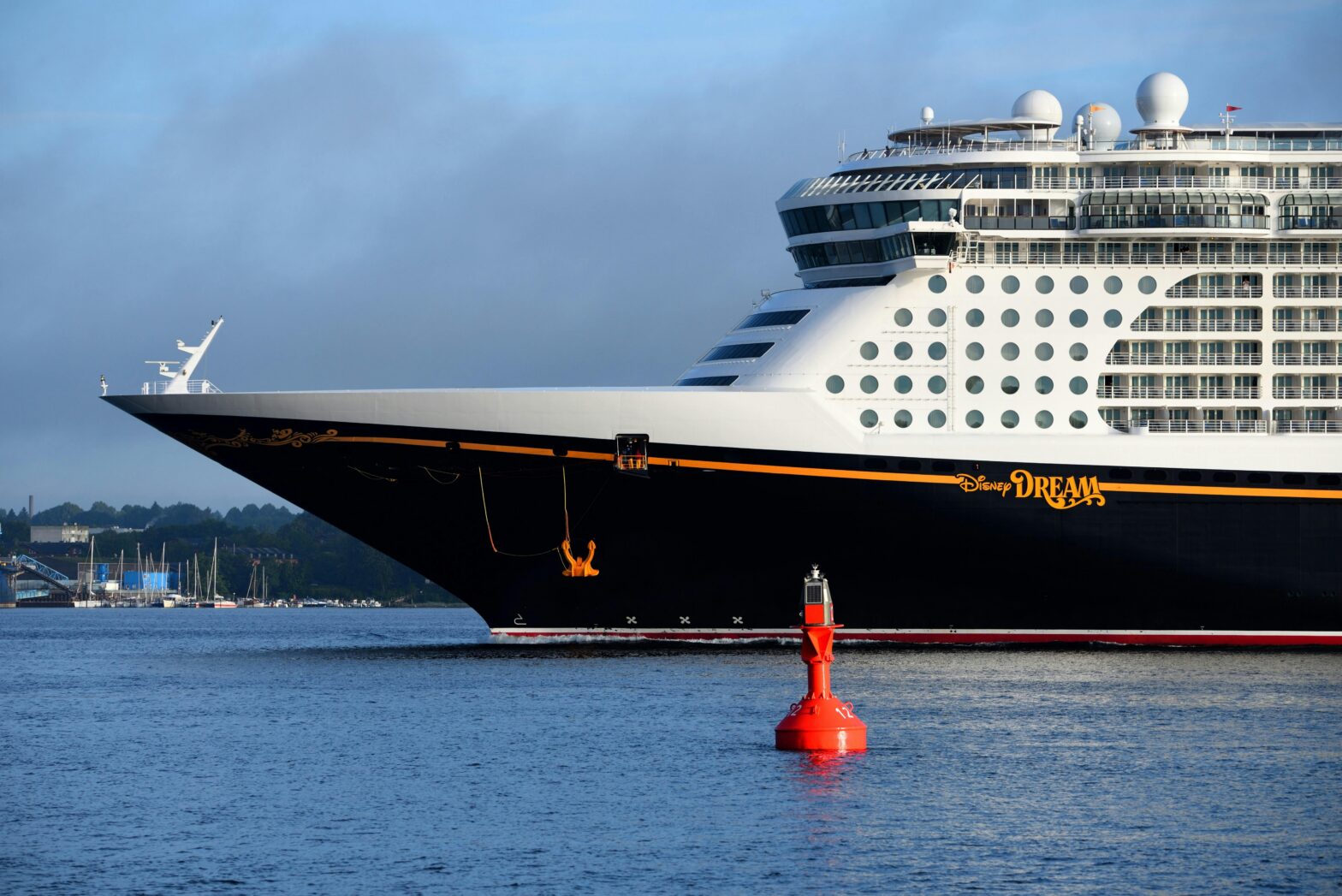Modi Cabinet Under Fire: CBI FIR Questions Dredging Deal at J N Port, ET Infra

The channel deepening and widening work, executed between September 2, 2017, and February 28, 2019, was aimed at allowing bigger container ships to dock at India’s busiest state-owned and the nation’s second largest container gateway located near Mumbai.
On March 22, 2017, the Cabinet Committee on Economic Affairs (CCEA) led by Modi cleared a proposal submitted by the Jawaharlal Nehru Port Authority (JNPA) to widen and deepen its channel to 15 metres from 14 metres (second phase) on assured depth model at an estimated cost of ₹2,029 crore (₹2,306 crore including applicable service tax).
The CBI has alleged in the FIR that JNPA’s decision to opt for the assured depth model to execute the channel deepening work was flawed and led to a loss which could have been avoided if the quantity-based dredging model was adopted for the contract.
In quantity-based dredging, the payment is made on the actual quantity dredged from the seabed in which the contractor’s risk is zero. But this model is prone to disputes, litigations and corruption allegations because the contractor, while raising the invoice, gives details of the type of rocks dredged which is very difficult for the port authorities to verify as the sea strata changes every metre. Hence, it is difficult to arrive at a correct analysis of the type of rock dredged by the contractor for payment purposes. As a result, after a dredging contract is concluded, there are always claims, counter claims and corruption allegations.
“So, the Union Government in its wisdom decided that it will not go into all those things and instead decided to opt for the assured depth model wherein the contractor is paid a lump sum when the contractually mandated depth is achieved,” said a source familiar with the dredging works at state-owned major ports.
Only for the purpose of estimation, by carrying out surveys, the port authorities will arrive at the approximate quantity of material to be dredged from the seabed, specifying the quantity of hard, soft rock and other materials. Before putting the price quotations in the tender, the dredging contractor will have to do its own due diligence on the materials to be dredged and when the mandated depth is reached, he is paid the lump sum amount quoted in the tender.
This policy was formulated some time in 2011-12 and it is followed till today by all the state-owned major ports while undertaking dredging works.
Significantly, the board of JNPA had initially proposed sometime in 2011 to carry out the first phase of the channel deepening work from 13 metres to 14 metres on the quantity-based dredging model, anticipating that this would fetch a lower price quotation from the bidders.
“But the board had to change the mode of dredging to assured depth format because the government nominee at that time on the board of JNPA categorically said it can’t be done on quantity-based dredging as the government policy is to follow the assured depth model. So, the board resolved that though it was expecting a lower price bid for quantity-based dredging, but due to government policy to shift the entire risk to the contractor, it has to opt for the assured depth model. The board was mindful of this matter, so with eyes and ears open, they took this decision because of the government policy,” the source said.
On March 29, 2012, the Ministry of Ports, Shipping and Waterways approved the first phase of the channel deepening at J N Port from 13 metres to 14 metres at estimated cost of ₹1,571.6 crore with a direct dredging cost of ₹1,398.97 crore plus applicable service tax.
Based on the Ministry’s policy, JNPA invited global bids on assured depth basis for the first phase of dredging and the work was awarded to Boskalis International BV (lowest bidder) at a lump sum price of ₹1,219.87 crore (₹1,370.65 crore with applicable service tax). The lowest price quoted by Boskalis was 0.86 per cent below the estimated cost of ₹1,382.60 crore put to tender.
The work commenced on September 19, 2012, and was completed ahead of schedule in March 2014.
For the second phase of dredging, the quantity of soil and rock to be dredged were approved per the Detailed Project Report (DPR) and “were not changed at any stage after approval by the board of JNPA”, according to documents reviewed by ET Infra.
The second phase of deepening the channel from 14 metres to 15 metres implemented during 2017-2019 also followed the assured depth model, which was put to stringent scrutiny and cleared, like in the first phase under UPA 2, by the Public Investment Board led by the Expenditure Secretary in the Finance Ministry and then by the CCEA led by Modi on March 22, 2017.
The project scope approved by the Modi Cabinet was fully adhered to by JNPA while drafting the tender documents for the work, per the documents.
Following a global competitive bidding process, JNPA awarded the work on March 31, 2017, to a joint venture between Boskalis Smit India LLP and Jan De Nul Dredging India Pvt Ltd, for ₹1,963.18 crore (including applicable service tax) after it emerged the successful bidder by quoting 3.13 per cent lower than the cost estimate approved by the CCEA and put to tender.
Not a penny more was to be paid to the dredging contractor in excess of the CCEA-approved budget and JNPA is handling bigger sized ships after completion of the channel deepening work on February 28, 2019, as borne out by the profile of ship calls.
However, JNPA now runs a serious risk of having to fork out some ₹800 crore to the dredging contractor for delay in paying the final bill amount along with penal interest.
At the heart of the so-called scam “propagated and invented” by the CBI with the support of a section of the Ministry is the final bill of ₹194.64 crore that was to be paid to the Boskalis-Jan De Nul JV upon completion of the work, which was approved and certified by Tata Consulting Engineers (TCE), the project management consultant (PMC) hired by JNPA to oversee the dredging work.
Besides, the final post dredging surveys were accepted and signed by the National institute of Oceanography (NIO), a government agency that was hired by JNPA to carry out external survey as well as by the National Technology Centre for Ports, Waterways & Coasts (NTCPWC) – the technology arm of the Ministry - which was picked to carry out third party verification of work.
However, in the wake of “instructions” from the Ministry of Ports, Shipping and Waterways through letters dated July 28, 2020, September 3, 2020, December 24, 2020, and July 21, 2022, the disbursement of final payment of ₹194.64 crore was withheld by JNPA due to what the Ministry cited as “pending enquiry against Boskalis-Jan De Nul JV”.
All due approvals from the then Board of JNPA were obtained for the contract and its implementation and “no shortcoming or violation has been noticed in the contract execution or performance”, per sources familiar with the dredging work.
As the final bill payment lingered for months, the Boskalis- Jan De Nul JV invoked arbitration through a letter dated November 1, 2019, for non-release of the final payment which was certified by the project management consultant (Tata Consulting Engineers) and filed a claim for ₹388.25 crore along with interest at the rate of 18 per cent with effect from April 10, 2019. It also filed a Commercial Arbitration Application under Section 11 of the Arbitration and Conciliation Act, 1996 (as amended) before the Bombay High Court for appointment of an arbitrator in the matter.
Based, again on “instructions” from the Ministry of Ports, Shipping and Waterways, the Commercial Arbitration Application was contested by JNPA before the Bombay High Court on the ground that the “contract transaction is under investigation by CBI pursuant to a reference made by the Ministry and hence the matter is outside the scope of arbitration”.
However, in a June 6, 2022 order, the Bombay High Court rejected JNPA’s contention and appointed Justice Kurian Joseph as a nominee arbitrator for JNPA in the matter.
JNPA challenged the Bombay High Court order in the Supreme Court, but its Special Leave Petition (SLP) was dismissed by the apex court in an August 26, 2022, order.
The Supreme Court, though, granted liberty to JNPA to raise all the pleas/contentions before the Arbitral Tribunal, which the “Arbitral Tribunal has to consider uninfluenced of the observations, if any, made by the High Court in the order under challenge”.
The dredging contractor filed its Statement of Claim before the Arbitral Tribunal on August 3, 2022, while JNPA filed its Statement of Defence on October 19, 2022.
JNPA has submitted before the Arbitral Tribunal that the final payment to the dredging contractor has been “withheld under instructions received from the Ministry due to ongoing investigations by CBI”.
JNPA also challenged the maintainability of arbitration in the matter by filing a Section 16 petition, alleging that “fraud” is involved (as the CBI is investigating the matter), thus debarring the Arbitral Tribunal to adjudicate the matter. However, the Arbitral Tribunal in a March 25, 2025, order rejected the Section 16 application filed by JNPA by a 2:1 majority, stating that the dredging contractor (claimant) is “seeking relief for non-payment of dues for the work performed as per duly executed contract and the said dispute is of civil nature and falls within the jurisdiction of the Arbitration Tribunal”.
Though pursuant to the Ministry’s “instructions”, JNPA has withheld the final payment to the Boskalis - Jan De Nul JV and has been defending the claims and additional claims and litigations filed by the dredging contractor, however till date JNPA’s pleas based on the Ministry’s “instructions” and its Vigilance Committee report of April 18, 2020 “has not been accepted by any Court or legal forum”.
The Supreme Court, the Bombay High Court and the Arbitral Tribunal have rejected the plea of JNPA alleging that “fraud” is involved in the matter (relying on findings of the Vigilance Committee Report forwarded by the Ministry which said that a preliminary enquiry is registered by CBI at the time) and hence the matter is beyond the scope of arbitration for adjudication of liability by the Arbitral Tribunal.
The impending Arbitral Tribunal award holds ominous portent for JNPA.
“The arbitration initiated by Boskalis-Jan De Nul JV for recovery of unpaid dues and additional claims is being proceeded and it is apprehended that an award with huge interest and cost may be passed against JNPA as there is no major defence with JNPA except the pendency of CBI proceedings (FIR),” a second source tracking the development said.
During the hearing, the Arbitral Tribunal advised the Boskalis-Jan De Nul JV “to explore the possibility of settlement with JNPA”, following which the dredging contractor through a letter dated May 21, 2024, offered to “enter into an amicable settlement with JNPA”.
When his opinion was sought on the “settlement offer” made by Boskalis-Jan De Nul JV, the Attorney General, R Venkataramani, wrote in his September 9, 2024 advise that “till date CBI has not been able to complete its investigation and the arbitrators have examined all the witnesses and also after examining various aspects of the committee report, it is more likely that the Arbitral Tribunal may grant an award for payment of ₹448.35 crore plus interest from August 3, 2022 (claim date) in favour of the Claimant (dredging contractor) which is ₹679.10 crore (approx) as on August 13, 2024”.
In which case, the country’s chief legal officer said that JNPA “has to incur an additional amount of approximately more than ₹347 crore towards late payment interest which includes an additional claim of over ₹134.40 crore (approx) and interest of like amount which is being made by the contractor in addition to the contract value”.
“If JNPA explore conciliation/settlement, there is a possibility that JNPA may be able to bring down its payment liability towards interest rate and additional claim amount and interest amount there on approximately by about ₹280 crore,” the Attorney General wrote in his advice to Sarbananda Sonowal, Union Minister of Ports, Shipping and Waterways, and urged him to “explore conciliation to settle this matter”.
The Attorney General Venkataramani also met Minister Sonowal sometime in January this year during which he is understood to have stressed that the fraud angle is difficult to prove, the case is “non-defendable” and advised the Ministry to go for techno legal and expert advice, a third source said.
Yet, the Ministry’s top brass accorded permission to the anti-graft agency to register an FIR on the channel deepening work at J N Port.
“This clearly shows how a Cabinet decision taken by the Modi government has been challenged by one of his own ministries leading to the lodging of a FIR by the CBI, even overlooking the opinion given by the Attorney General,” the first source said. “It is a matter of conjecture what is the intent behind orchestrating a scam when the Modi government is free of scam,” he added.
The channel deepening work was tendered and executed on the government’s assured depth dredging policy wherein the entire risk of quantity verification was allocated to the dredging contractor.
“So, why is the Ministry now harping on revalidation of the quantities dredged in the second phase when the bidding was done at its behest on the assured depth policy which was cleared by the Cabinet,” the second source said.
Faced with the prospect that JNPA will have to cough up a substantially higher final bill to the contractor due to late payment along with interest following “instructions” from the Ministry, sources said that the Ministry has purportedly “cooked up a story about irregularities in the dredging contract” to justify and defend its stand that led JNPA to withhold the final payment.
“The Ministry doesn't seem to have any legitimate reason to explain why they instructed JNPA to withhold the last bill to the dredging contractor. So, they allegedly cooked up this story about irregularities and malafide intentions and allowed CBI to lodge an FIR so that they have some material to justify their stand which resulted in the dredging contractor seeking extra money on account of late payment interest,” the second source said.
At least two legal experts ET Infra spoke to said that the arbitration award will likely go “against JNPA because there is no legitimate reason to withhold the final bill of the dredging contractor.”
“So, instead of paying ₹194.64 crore, for no rhyme or reason, JNPA will likely end up paying some ₹800 crore to the dredging contractor with no scope for challenging the arbitration award as both the Bombay High Court and the Supreme Court had rejected the fraud angle with the suggestion to settle the commercial dispute through arbitration,” the third source said.
Sometime in April this year, a meeting was held at the office of the Attorney General (wherein representatives of the Ministry were also present) in which India’s top legal officer is understood to have reiterated his opinion that the matter should be settled out of court, the third source said.
“JNPA will be decimated if it is called upon to pay some ₹800 crore to the dredging contractor towards the final bill payment in case the arbitral tribunal award goes against it. It will further create huge problems for JNPA which is helming the ₹76,220 crore greenfield mega port at Vadhvan in Maharashtra, touted as one of Modi’s showpiece port projects,” the third source added.












